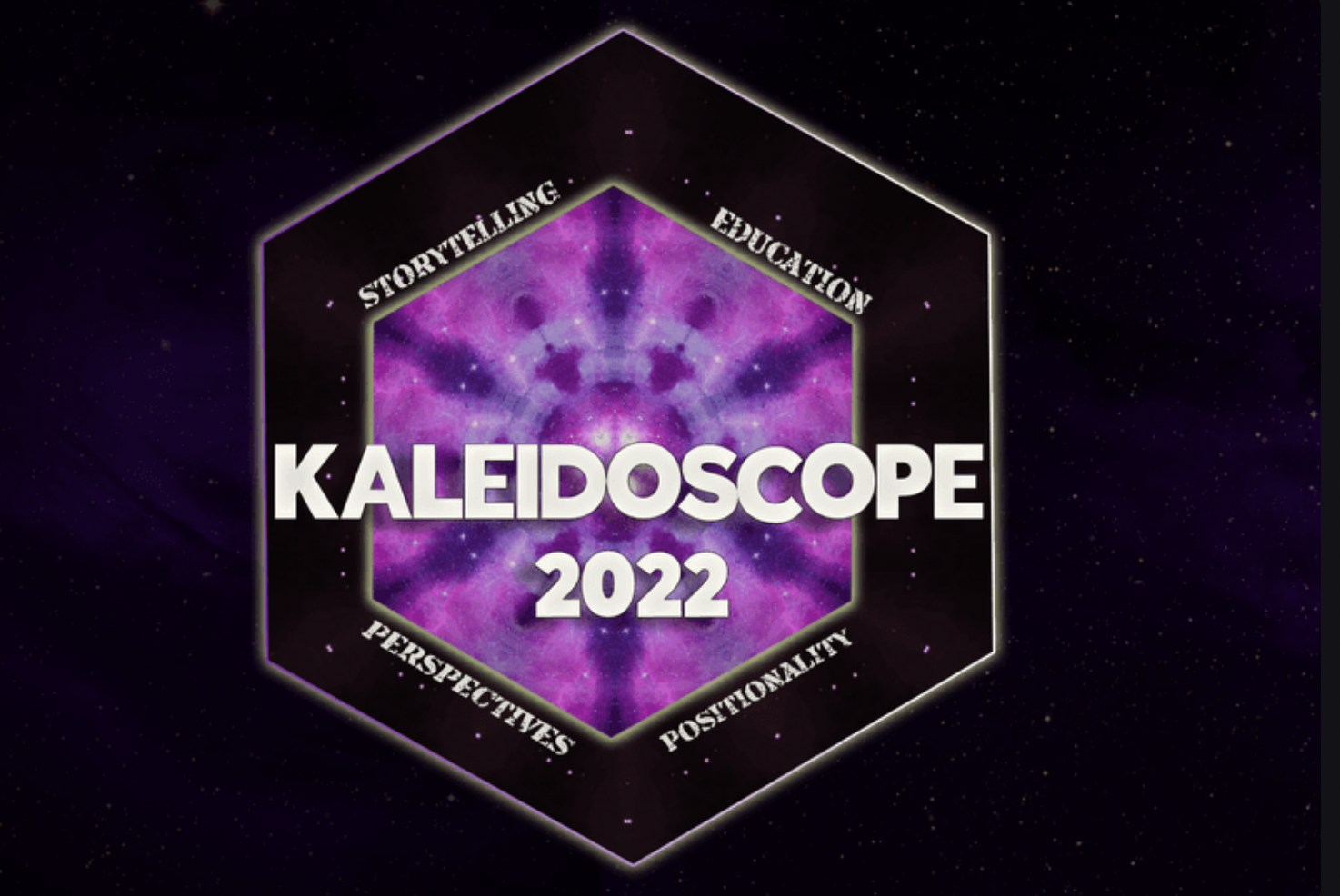Kaleidoscope is an annual two-day conference hosted by research students at the Faculty of Education, University of Cambridge.
AbouT MY PRESENTATION
Join me for my presentation, “Teaching Activist Thinking in Canadian Education: The limitations of play-based learning and radical potential of Indigenous land-based learning”. It is based on my open access journal article published with CERJ (read here) and can also be seen in video format online.
About this Event
Date: 26-27th May 2022
Location: online
With another year of interrupted returns and prolonged waves of uncertainty in all learning experiences and ongoing crucial debates happening globally about the state of the world, injustice, racism, climate change and environmental crisis, capitalism, and the overall questioning of political systems, the world seems to struggle in an attempt to grasp the new normal and its implications for the foreseeable future. Though we are currently physically separated, educators and researchers are invited to bridge this distance through reflecting authentically on the state of teaching, learning, knowledge, and justice through storytelling. Challenging the limitations set upon educational theories and practices, we aim to bring into discussion innovative pedagogies taking into consideration previously overshadowed methodologies.
Thus, we invite you to join us online on the 26th & 27th of May 2022 for the 19th Kaleidoscope Conference at the Faculty of Education, University of Cambridge. This time of change is an opportunity for reflection and response. Through this conference, we hope to create a diverse and uniquely situated community of peers and colleagues, to think together and to learn from each other, to evaluate and to (re)imagine.
Theme: The Power of Storytelling in Education: Perspectives and Positionality
This year’s conference theme is The Power of Storytelling in Education: Perspectives and Positionality. We welcome submissions representing inter-, multi-, and trans- disciplinary projects, empirical and non-empirical, finished, and unfinished. We look forward to learning from your theoretical and methodological advances, as well as original contributions to practice and/or pedagogy.
To better guide the flow of our thinking and conversations, we hope to host discussions on the following sub-themes:
Constructing Place and Identity: Storytelling and Communities
Urban Periphery: Stories of Global Movement
Setting the Agenda: Challenging Global Narratives in Education
Curriculum of Story in Practice
Artisanal Knowledges from around the World
Moving towards Cognitive Justice through Reconstructing Truths
Power of Oral Storytelling in Community Building
Peace and Conflict Resolution through Education
Liminal Spaces in Education
Envisioning Alternative Tomorrows
Language, Race and Gender in Storytelling

